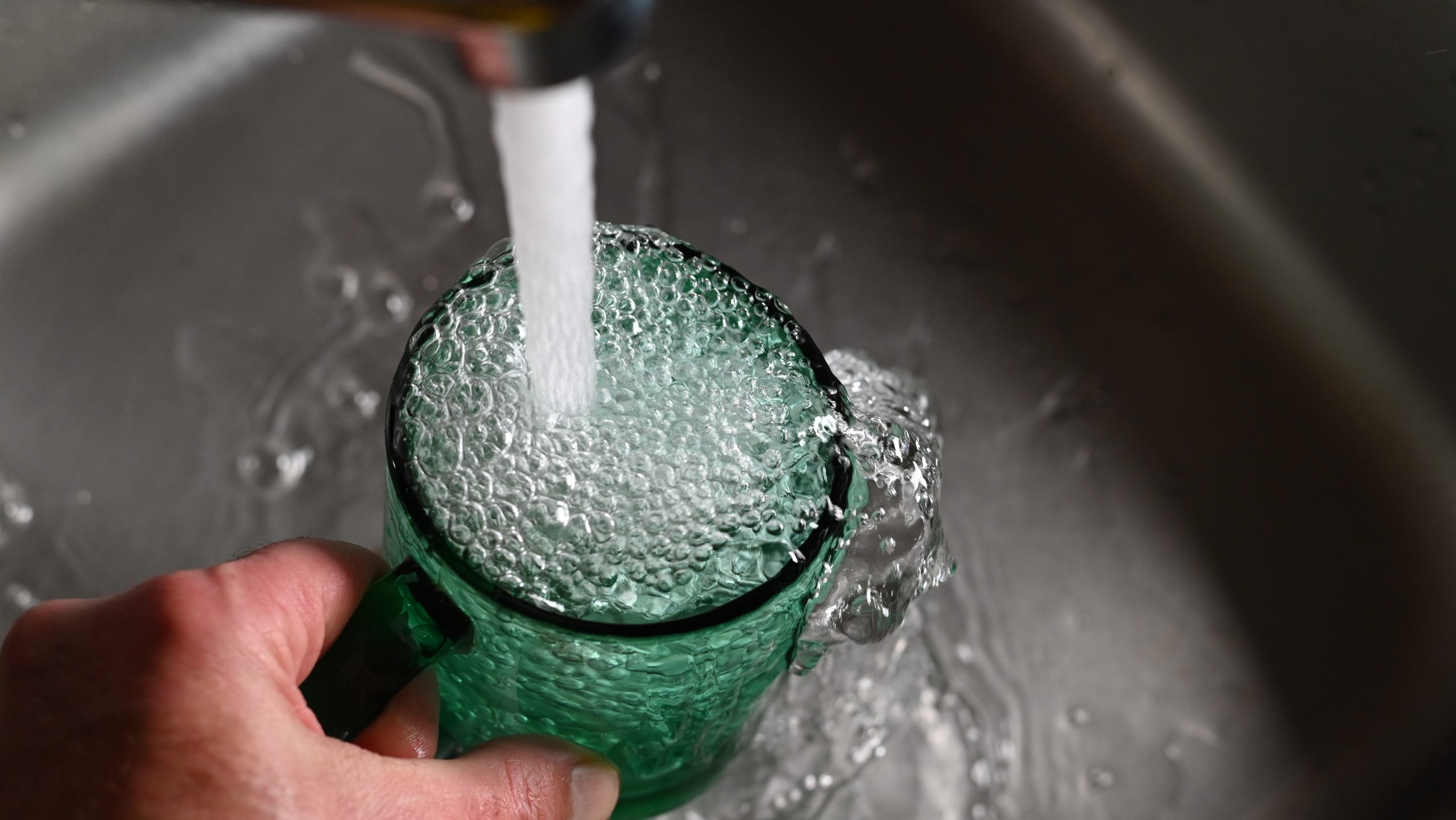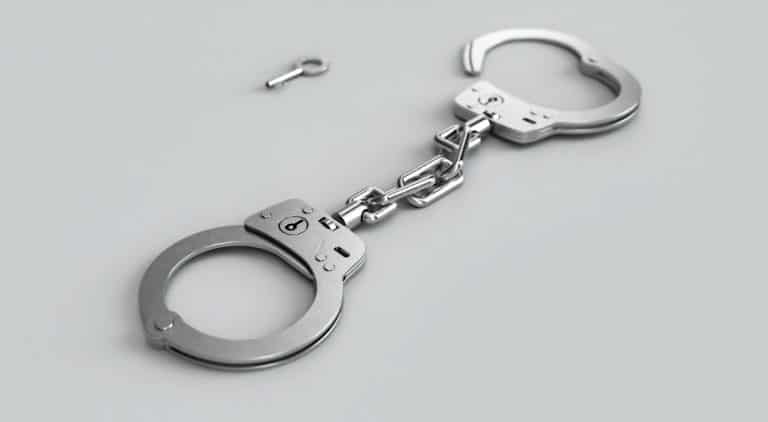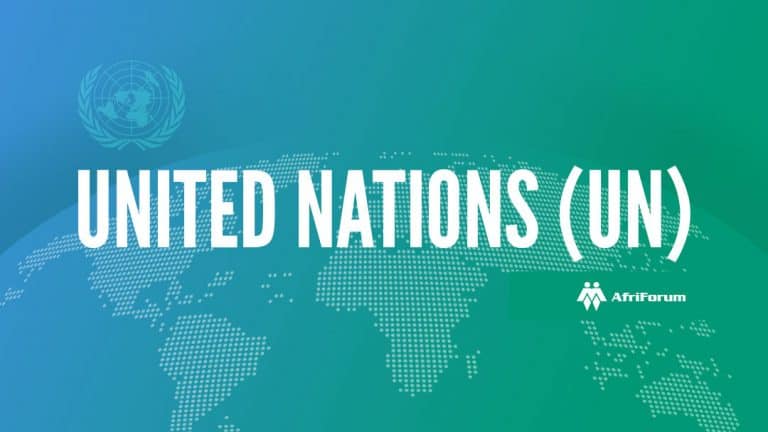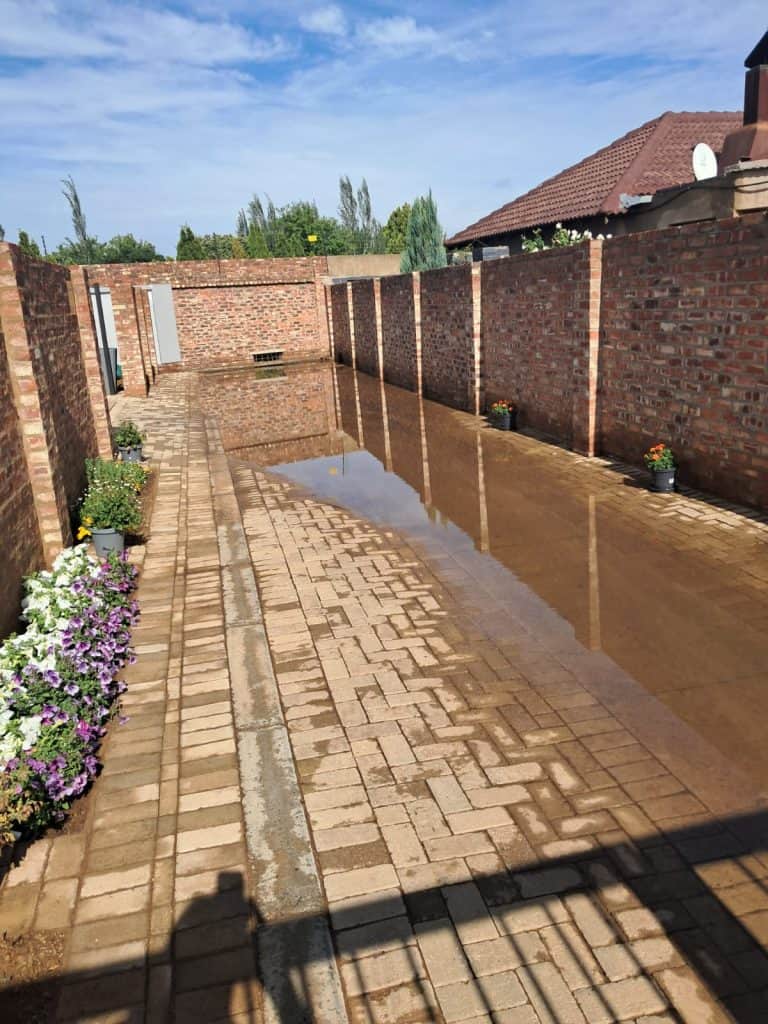DWS water plan doomed without renovation strategy – AfriForum
The Department of Water and Sanitation’s (DWS) plans for water security and water and sanitation service delivery will be futile if they do not also include concrete plans for the renovation of municipal distribution networks. AfriForum believes that it is of critical importance for the success of sustainable water supply in South Africa and it appears that the DWS’s plan presented yesterday does not offer solutions for this serious crisis in water supply.
More than 40% of clean drinking water nationwide is lost due to leaks – this is even higher in Gauteng municipalities and in the eThekwini Metropolitan Municipality where up to 57% of drinking water is lost. Although the DWS intends to further invest in national water infrastructure projects to cater for rapidly growing populations in Gauteng and the eThekwini Metro, according to AfriForum, the elephant in the room remains the large quantities of drinking water that are lost in these metros.
“It doesn’t help that giant projects for the bulk supply of water are undertaken at astronomical costs, but in the end almost half of the water that is supplied will never reach the end consumer. This also means that a vicious cycle is continued, where municipalities lose a potential source of income, which contributes to the maintenance of municipal infrastructure being left behind. A further challenge is that these municipalities often cannot pay water boards that supply water in bulk to municipalities, such as Rand Water or Umgeni Water, which in turn puts water boards under great pressure. This is not a sustainable model,” says Marais de Vaal, AfriForum’s advisor for Environmental Affairs.
To address the dismal performance of municipal water and sanitation service delivery, the DWS has already taken steps to amend the Water Services Act 108 of 1997 so that water service providers will henceforth have to be licensed and meet strict competency requirements in order to ensure the standard of service delivery. However, these proposed amendments have yet to be approved by parliament.
AfriForum did have an encouraging discussion with officials from the DWS earlier this week, during which it was confirmed that the DWS had recently implemented a policy to encourage struggling municipalities to work together with the private sector, community-based organisations and civil society to improve water and sanitation service delivery. This sentiment was also recently expressed by President Cyril Ramaphosa when he emphasized that cooperation is needed to restore and build the country. Deputy President Paul Mashatile and the former minister of the DWS, Senzo Mchunu, also announced in April this year that the national government is prepared to involve AfriForum and other role players in the civil society in the government’s water task team, but AfriForum has not yet received any response on an invitation for an urgent meeting with them.
“AfriForum firmly believes that South Africans’ future water security lies in the cooperation between communities and the government. While the right sounds are coming from the government’s side, we cannot wait for the government. We will continue to equip and assist our communities to ensure their water security,” concludes De Vaal.











